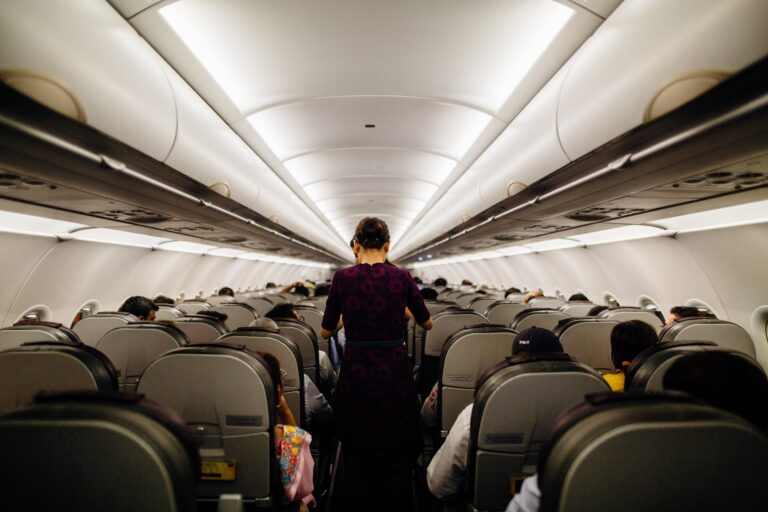Whether you’re presently stuck admiring the heaps of snow that has fallen on your part of the globe, or sitting on the beach sipping on a chilled Piña Colada, you will most likely benefit from this week’s newsletter.
As most of us are aware, bad weather can cause delayed or even cancelled flights. Bad weather can be attributed to blizzards (which we’ve having plenty of here in the U.S.!), thunderstorms, hurricanes, among various climate disruptions, affecting both winter and summer travelers.
If you’ve traveled in the past, you have most likely experienced being stranded in the airport due to bad weather.
Since we just recently got mounds and mounds of snow here in the New York area, we decided to share some tips to help you avoid some of the worst weather-related air travel problems.
 |
- One of the biggest and meanest problems for travelers often occur at connecting airports. It’s one thing if your outbound flight is canceled and you end up returning home from your local airport. It’s upsetting, but at least you’re not stranded in a random city. If you get stuck in your vacation hotel hoping to get a flight home – that’s a little bit worse. You might incur additional expenses – of your extended hotel stay and your scheduled return might be delayed and consequently mess up your schedule. But when you’re stuck in a connecting airport in Kentucky, trying to find hotels and praying for a place to stay, the experience can be quite frustrating and scary. That is why you should try flying non-stop whenever you believe bad weather may be an issue. It is worth spending the extra airfare for the non-stop flight, so you’ll be calmer and because you might just end up paying for an unexpected hotel stay in your connecting city.
- If a non-stop flight is not an option, be mindful of the layover time. Don’t book connecting flights with an hour layover – give yourself some more breathing room – especially when you’re traveling in the winter season. If a weather delay causes you to miss your connection, you might be out of luck, as the airline is not necessarily obligated to find you a seat on the next flight, and often cannot logistically do so if flights are full or unavailable. If you have a really tight connection time and your flight is running late, let your flight attendant know, and he or she may be able to make arrangements to hold your next flight, or at least get you off your first flight quickly.
- This may seem obvious but at times it’s good to be reminded of the obvious. If you must fly with a connection, check the weather at your connecting cities as well as at your departure and destination cities, just to know what to be prepared for.
- Morning flights are preferred over the red eye flights – because if your flight is cancelled or badly delayed, your options for alternate flights are greatly increased, improving your odds for getting on a different flight by the end of the day.
- Consider alternate airports. Often times, cancelled or delayed flights are not solely weather related, but the overall volume at the airport. (Many popular airports simply can’t handle the amount of volume they are taking on.) This can be especially effective when flying out of big cities that offer multiple airport choices, like New York, Chicago or Los Angeles.
- If you’re bringing gifts with you – do NOT wrap your gifts, as security will have you rip them open. This will only hold you back – increasing your chances of missing your flights. Remember that security can make you rip the wrapping off gifts in your check-in luggage – not just from your carry-on luggage.
- Last but not least, try avoiding busy travel dates – you have more chances of getting onto the next available flight when there’s not so many people traveling. Some of the worst dates to travel are:
– A day before Thanksgiving.
– Fridays in June, July and August.
– Christmas Travel – likely to be snowstorms and extra cold weather.
– July 4 (for all Americans)
– Memorial Day – the official kick-off for the summertime travel season, so airports are likely to be hopping.
However, don’t rely on ‘common busy travel dates.’ Do your own research before booking your ticket – you may be surprised that some ‘well known’ busy travel dates may not be so busy after all. And remember to check weather and travel updates a day or so before your travel dates. You can never be too prepared.









